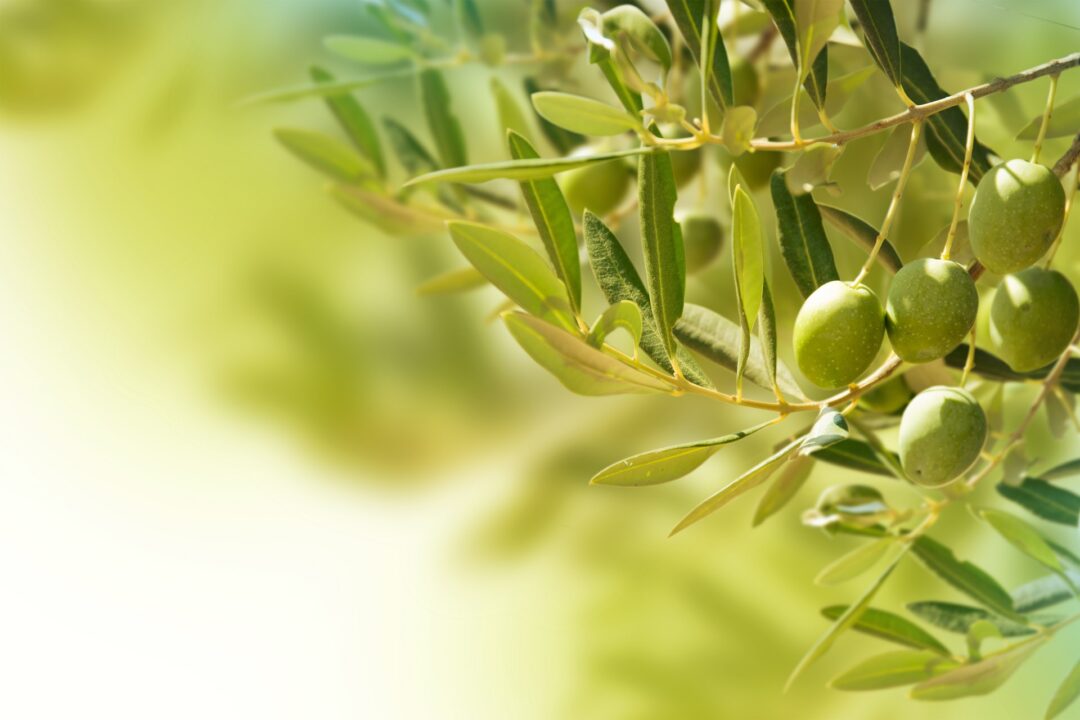The study explains that a current hypothesis for the pathogenesis of Parkinson’s disease are neuroinflammation, oxidative stress, and apoptosis, or cell death. Hydroxytyrosol, the main component of Hidrox, “has been shown to have some of the highest free radical evacuation and anti-inflammatory activities,” the study says.
Noting that toxic pesticides have been linked with Parkinson’s disease, and that the pesticide rotenone seems to reproduce almost all the characteristics of PD, the researchers split mice into four groups: saline, saline plus Hidrox, rotenone plus saline, and rotenone plus hidrox. The mice followed these protocols for 28 days. Researchers found that, while mice given both rotenone and Hidrox were not able to maintain normal brain structure, motor function, or levels of cell degeneration, the group given rotenone and Hidrox was significantly better off on all endpoints than the group given rotenone and saline.
Related: Probiotics Show Promise in Parkinson’s Disease Antioxidants and Master Antioxidants—Why They Matter Tocotrienol, Astaxanthin Combo Shows Promise in Cognitive Health Study
The researchers concluded: “Here, thanks to our PD model induced by rotenone on male mice, we have shown that administration of HD during the entire period of the PD induction by rotenone rises the redox potential, correlating with induction of vitagenes, and helps susceptible neurons to resist to proteotoxic insults and therefore neurodegeneration.” The researchers noted that, while this is not a cure for PD, it does show promise as a method of prevention and symptom reduction.“We are very pleased that the collaboration with two established labs in Italy has confirmed the unique range of positive attributes we discovered in Hidrox in the past years, including a potential benefit to the integrity of brain’s dopaminergic neurons,” said Oliphenol CEO Roberto Crea, Ph.D., in the press release.











